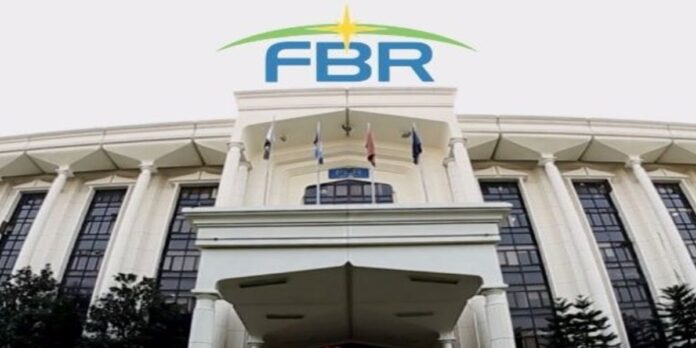The Federal Board of Revenue (FBR) has decided to replace its aging WeBOC system with a more robust and comprehensive digital system to improve compliance and ease of doing business.
Pakistan Customs has completed business process mapping of its core functions during the first five months of the World Bank-funded project for transformation of Customs operations, the FBR shared these details in a press release on Monday.
Customs transformation project involves the deployment of state-of-the-art hyper-automation tools which would enable Pakistan Single Window Company, as the designated implementation partner of Pakistan Customs, to quickly develop a new Customs Digital Management System, the FBR said, adding that this would help Customs to replace its aging WeBOC system with a more robust and comprehensive digital system.
This project was designed in April 2021 but came into implementation in December 2023. Technical experts from KGH and Maersk, being the global leaders in customs administration reforms and logistics, are collaborating through 16 working groups notified by FBR for each work stream of Customs, it said.
The FBR stated that despite being one of the most digitalised entities of the government, Pakistan Customs has remained cognizant of the challenges posed by the growing globalization of cross-border trade and transit supply chains, geographic dispersion of manufacturing and adoption of disruptive technologies like block-chain, AI, Big Data, etc.
The traditional role of Customs from physical border checks is changing to a multi-functional and whole-of-government strategic player in border controls, trade facilitation, regional connectivity, and economic growth.
In the next phase of this key project all mapped processes would be benchmarked and re-designed as per international standards recommended by WTO, WCO, UN, etc as well as the best practices adopted by the leading customs administrations worldwide, the FBR said.
Besides helping towards end-to-end digitalization of Pakistan Customs, the project would re-align the legal framework, organizational structure, and operational model of Pakistan Customs. Upgradation of risk management, post-clearance audit capabilities, use of technology, and elimination of redundant tasks would enable Customs to re-direct its resources towards more critical functions, it added.
Pakistan Customs has successfully digitalised its operations since 2005. The indigenously developed WeBOC system enables the collection of more than 45% of FBR’s annual revenue and helps implement national trade policy while handling imports, exports, and transit trade in a paperless environment.
Leveraging WeBOC, Customs has enabled Pakistan to leapfrog even the developed countries in the simplification and digitalization process of the entire ecosystem of trading across borders, through the Pakistan Single Window.




